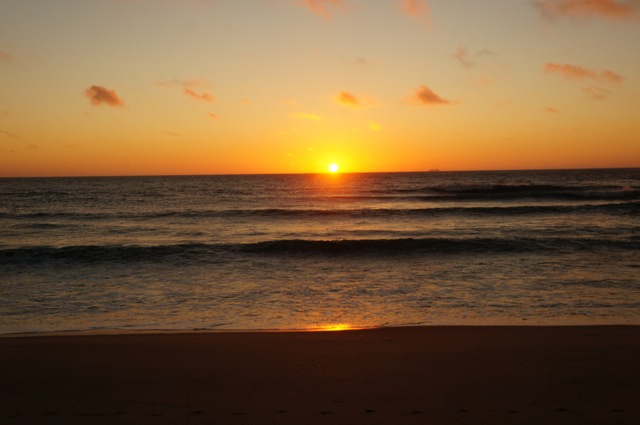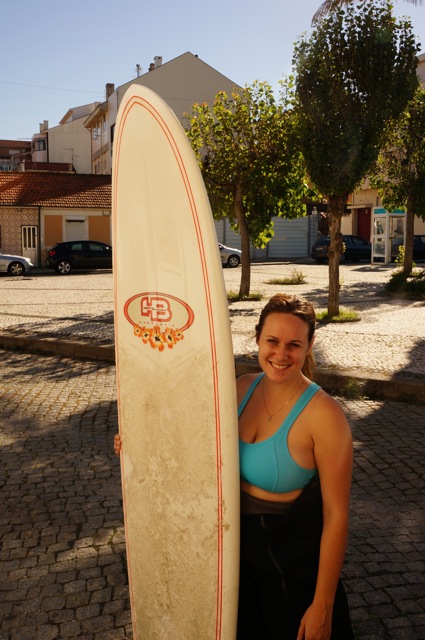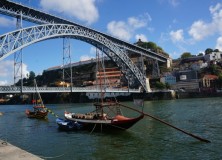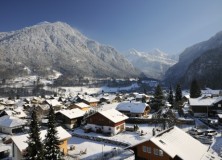
Growing up in California I spent many a beach day laying in the sand and dreaming some suave surfer dude with an extra board would approach me and offer to teach me how to ride the waves.
As this fantasy never came to fruition, I learned instead by taking a lesson in Australia, and, when I lived in Florida, I cherished free weekends to drive to Cocoa Beach and get up on a board.
Fifteen years after my first Californian surf dreams, my fantasy came true in the most of random of places, Espinho, Portugal, some 5,600 miles away from the Golden state.
With 11,000 square miles of coastline, Portugal is one of the best surf destinations in Europe. There are several beaches for surfing in Portugal that are reachable by public transportation from Oporto, a city I visited to celebrate my birthday.
On a warm October day I found myself on a nearly deserted beach in Espinho. Though I could wear shorts the weather was not quite hot enough for most to swim and all but a few cafes were shut up for the winter. No surf rentals in sight I came to terms that I would not go surfing in Portugal, and resorted myself to relaxing in the sand and soaking up what I knew would be the final rays of warmth before heading into a European winter.
A few hours into my sunbathing session I asked a man nearby if he could watch my towel while I went to the restroom.
He greeted my question with a blank stare.
I asked again, more slowly this time, and pointed to my towel and then the bathroom.
After nodding in understanding and agreement, he asked me in French if I spoke his native language.
No.
Portuguese?
No.
Spanish?
Yes. The man spoke only “un poco.” But in Europe “a little” is enough to have a language in common.
When I returned from the bathroom he moved his towel next to mine and we struck up a conversation, one of the mot interesting I have ever had, not so much for its content, but for the mechanics in reaching understanding.
The two of us, both non-native Spanish speakers, hobbled through a conversation, understanding stalled by our respective French and American accents and lack of vocabulary
If we didn’t know a word we would say it slowly in our native language. If that didn’t work he would try Portuguese or Italian.
And when that didn’t work we would draw pictures in the sand.
I chatted with this Portuguese-born, French-raised man named Miguel until the sun went down. I felt a sense of camaraderie as we used all the language tools at our disposal to learn the basic facts of one another’s lives.
This is the way of Europe. There are so many languages circulating around in a small geographic area. You may not have the same native language as someone you meet but hopefully you have a second language in common or know enough words to get by.
At one point the conversation turned toward the sea and surfing. Turns out Miguel had an extra board at the beach house where he was vacationing with his family. He invited me to go surfing with him the next morning.
Excited by my luck at making a new friend with an extra board I accepted.
Surfing in Portugal
I spent my last few hours in Portugal surfing (or trying to at least, the waves were pretty flat). Miguel and I paddled and splashed, laughed and cheered each other on as we competed to catch the most waves. The language of surfing is universal.








